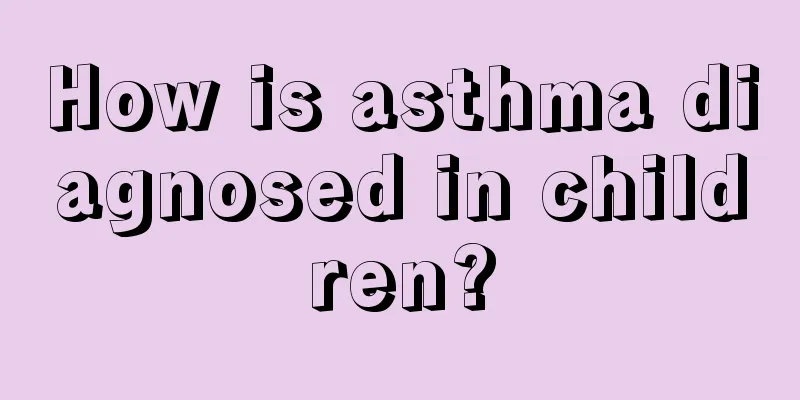Low neutrophil count in children

|
If a child only shows low neutrophil count during examination, timely treatment is necessary. Most of the causes of this condition are congenital, which makes treatment very troublesome. Long-term treatment may be required for improvement, and there are certain genetic factors involved, which requires special attention. There are many causes of neutropenia. There are different classification methods. It can be divided into congenital or acquired, or it can be divided into five categories according to decreased granulocyte production, ineffective proliferation, excessive destruction, combined causes and pseudogranulocytopenia: (I) Decreased granulocyte production or maturation arrest 1. The drug acts directly on the bone marrow Common ones include methotrexate, 6-mercaptopurine, and alkylating agents such as cyclophosphamide. Among antibiotics, chloramphenicol is the most common cause of granulocytopenia. 2. The role of radioactive substances Radiation therapy to the spine, pelvis, sternum and other parts can affect the hematopoietic function of the bone marrow and cause granulocytopenia. 3. Hereditary neutropenia Also known as infantile lethal neutropenia, it is a rare neutropenia that is inherited in an autosomal recessive manner. 4. Reticular dysgenesis with congenital leukocytosis This disease is extremely rare. The disease occurs immediately after birth. The thymus, systemic lymph nodes, tonsils, and intestinal lymph nodes are all underdeveloped or stunted. The number of lymphocytes in the peripheral blood is extremely reduced, cellular immunity is low, and plasma gamma globulin is reduced. The disease is caused by defects in the development of hematopoietic stem cells. Granulocytosis is hypoplastic, with a lack of primitive granulocytes and monocytes in the bone marrow, while the erythroid and megakaryocyte systems are normal. Death often occurs in infancy from severe bacterial or viral infections. 5. Neutropenia with dysimmunoglobulinemia About half of the children have a family history and the disease is sex-linked. The prognosis is poor, and most people die within a few years of life. 6. Familial benign chronic neutropenia It is an autosomal dominant or recessive trait and is more common in African and Jewish families. The prognosis is good. 7. Familial severe neutropenia The disorder may be inherited in an autosomal recessive or dominant manner. |
<<: What medicine should be used for children's ear inflammation?
>>: What should I do if a child has swollen lymph nodes behind his ears?
Recommend
The baby has gastroenteritis symptoms
A baby's family is like a sun-kissed child, e...
Why does the baby always hum when sleeping?
Babies' bodies are relatively weak, and they ...
Treatment of acne in newborns
Acne in newborns has a great impact on our appear...
What is the cause of the cleft corner of the child's mouth?
Cracks are actually a relatively rare condition, ...
Why do children often catch colds?
Children often catch colds because their parents ...
What should I do if my child is angry?
Heart fire can be divided into two types: one is ...
What to do if a 9-year-old child suffers from insomnia
In life, some people like to think about things b...
How to prevent and treat lead poisoning in children?
Children's organs and functions are not fully...
Why is my baby late in speaking?
In today's social life, we often see slogans ...
What are the side effects of enema for babies?
When children are young, it is very difficult to ...
What should I do if my child has phlegm in his throat and can't cough it out?
We generally believe that the onset of coughing s...
What are the reasons why children don't grow taller?
Nowadays, the height growth of children is a big ...
Will a febrile seizure leave sequelae?
Children's physical health is an issue that t...
Can the baby be rocked? The correct approach is this
When a baby cries, many adults will hold the baby...
Blister in the middle of upper lip of newborn
In our lives, mouth blisters are very common. Mos...









